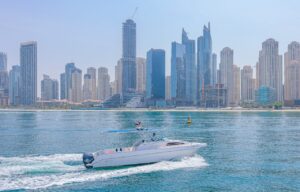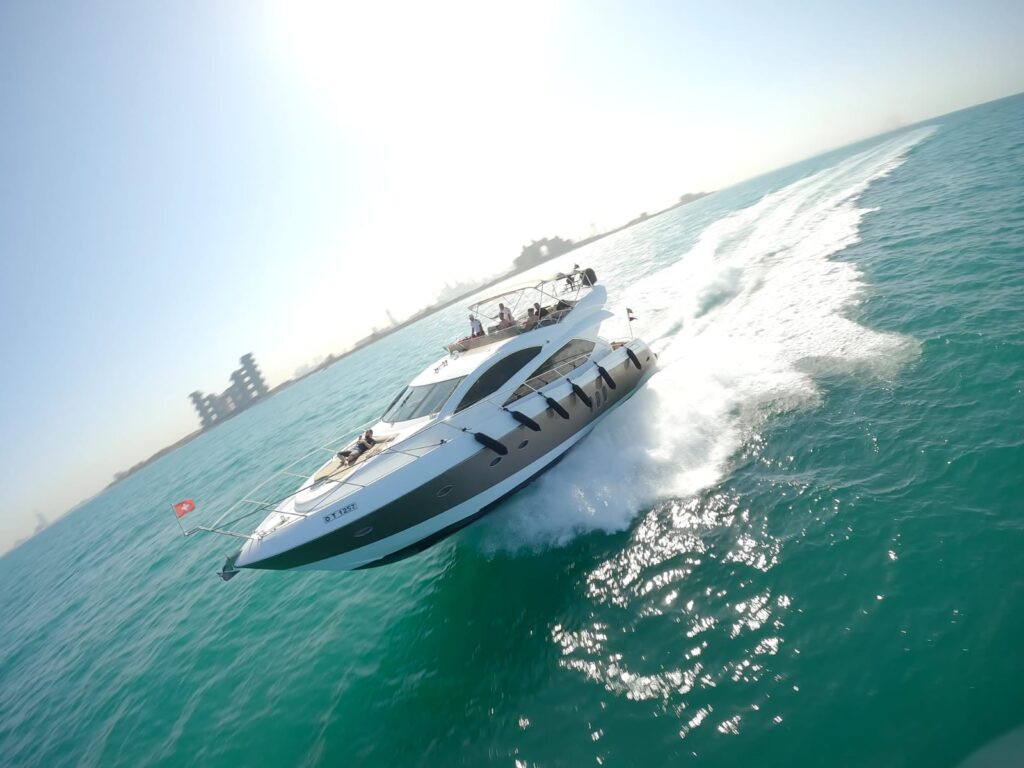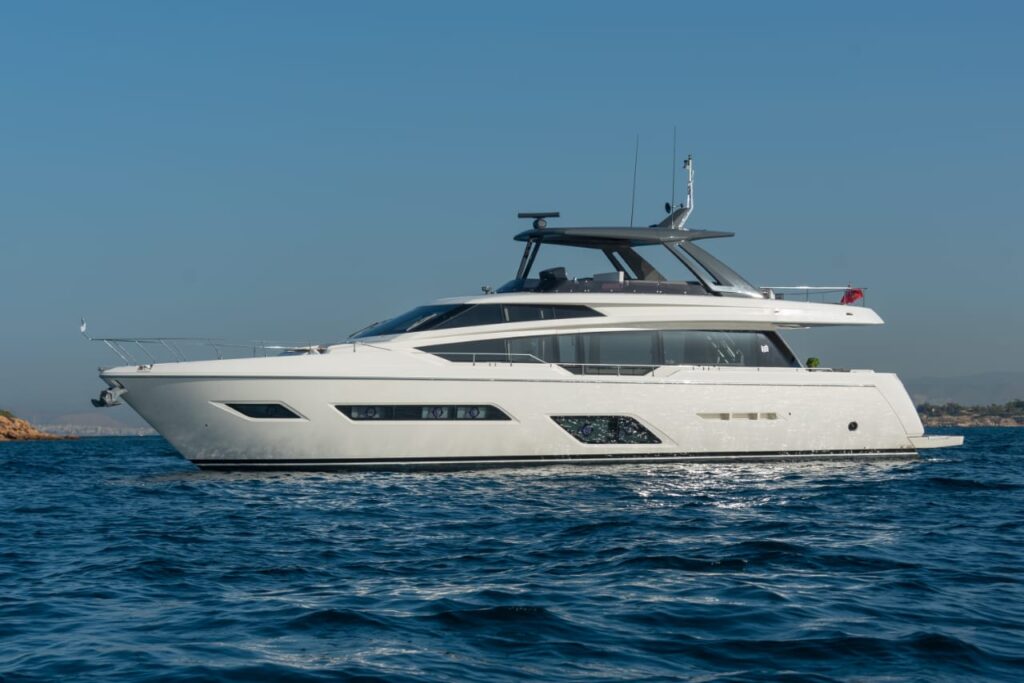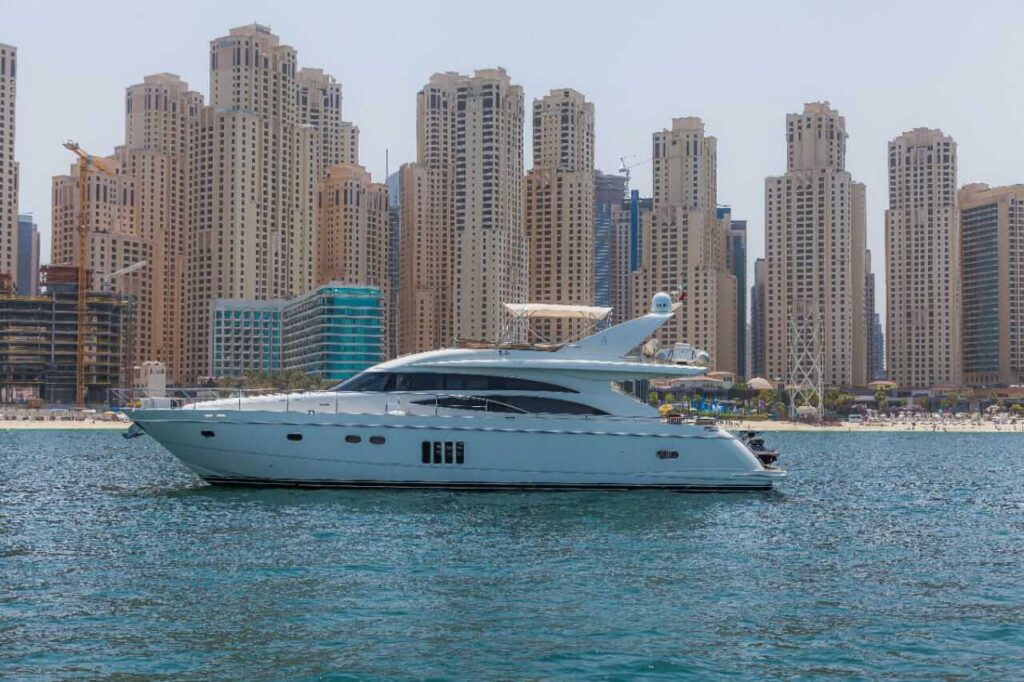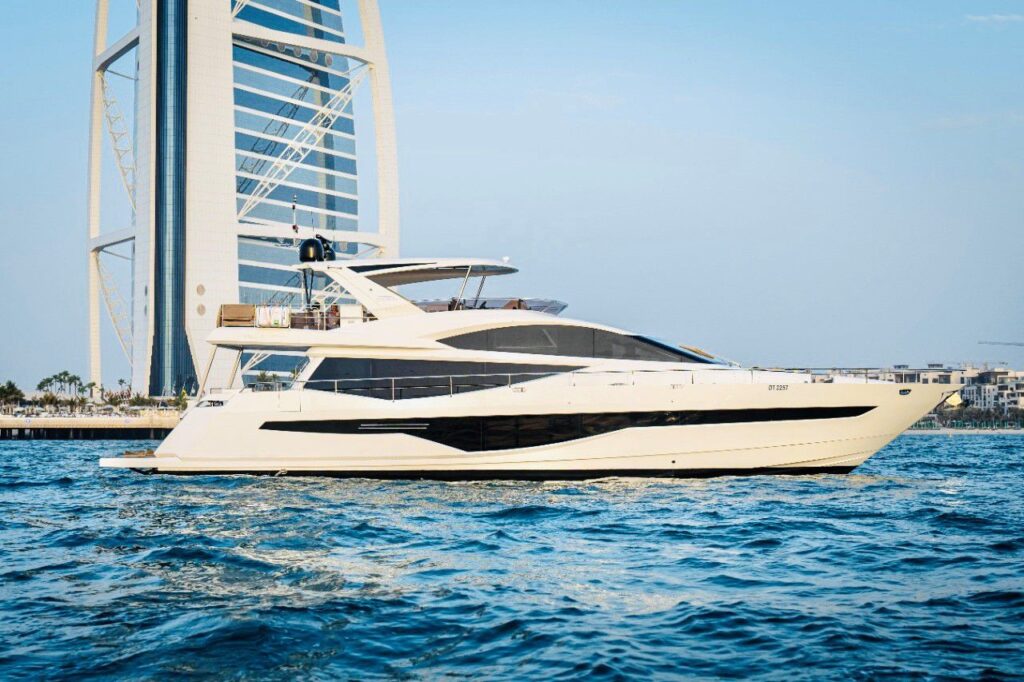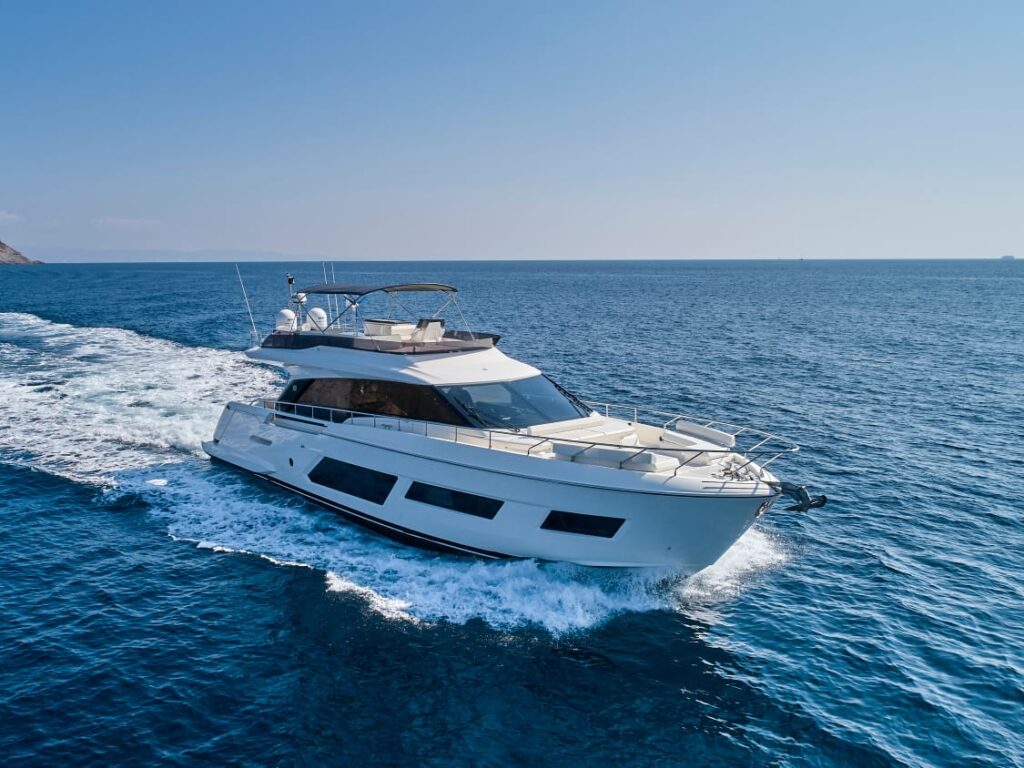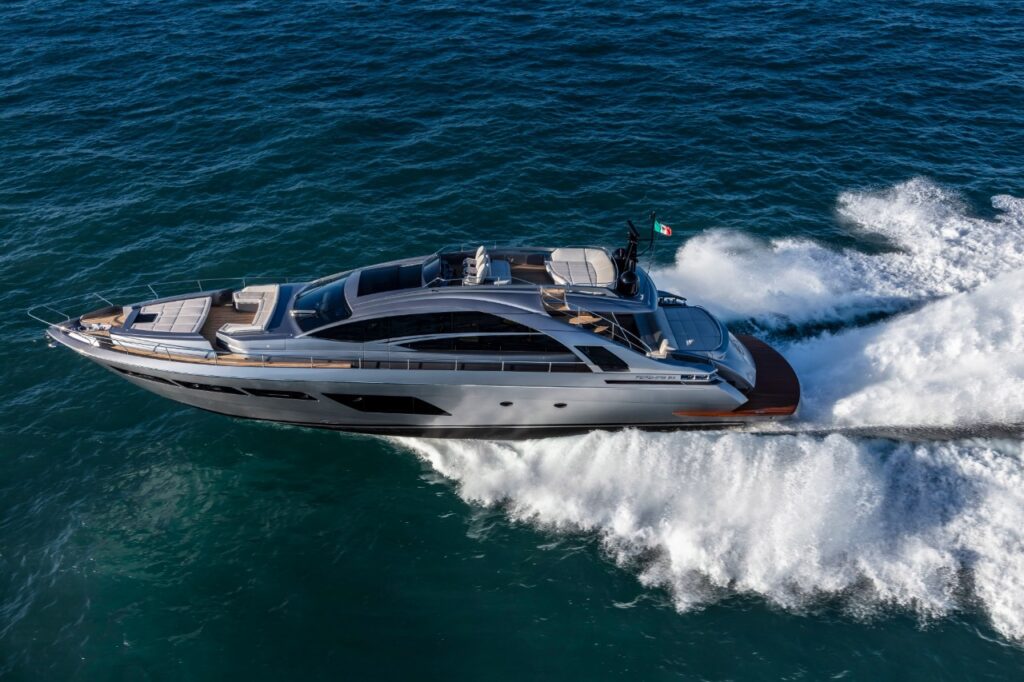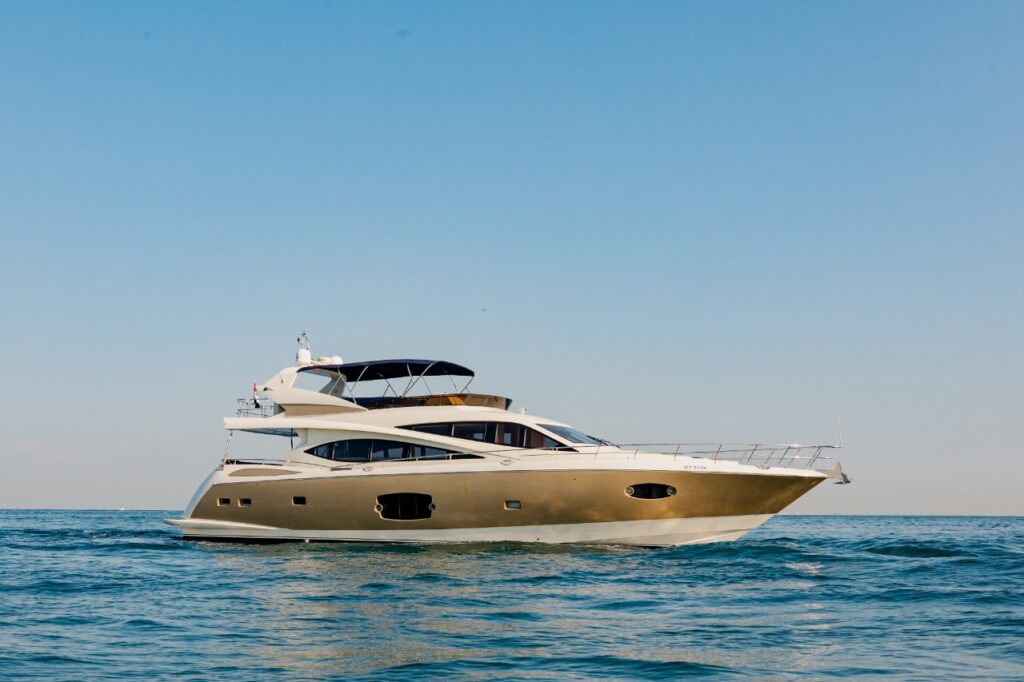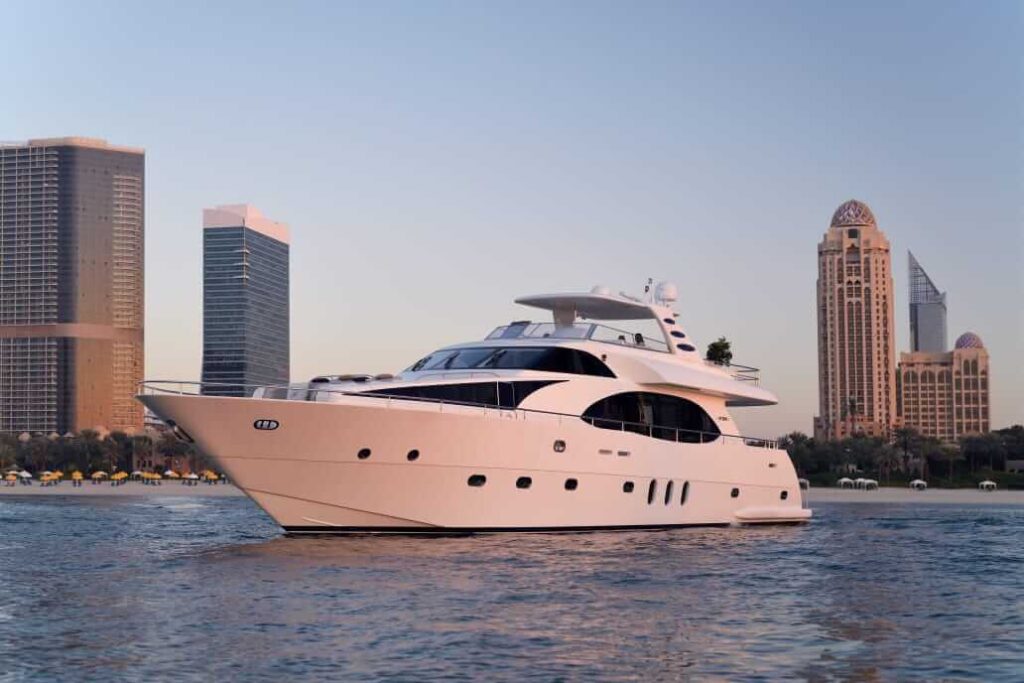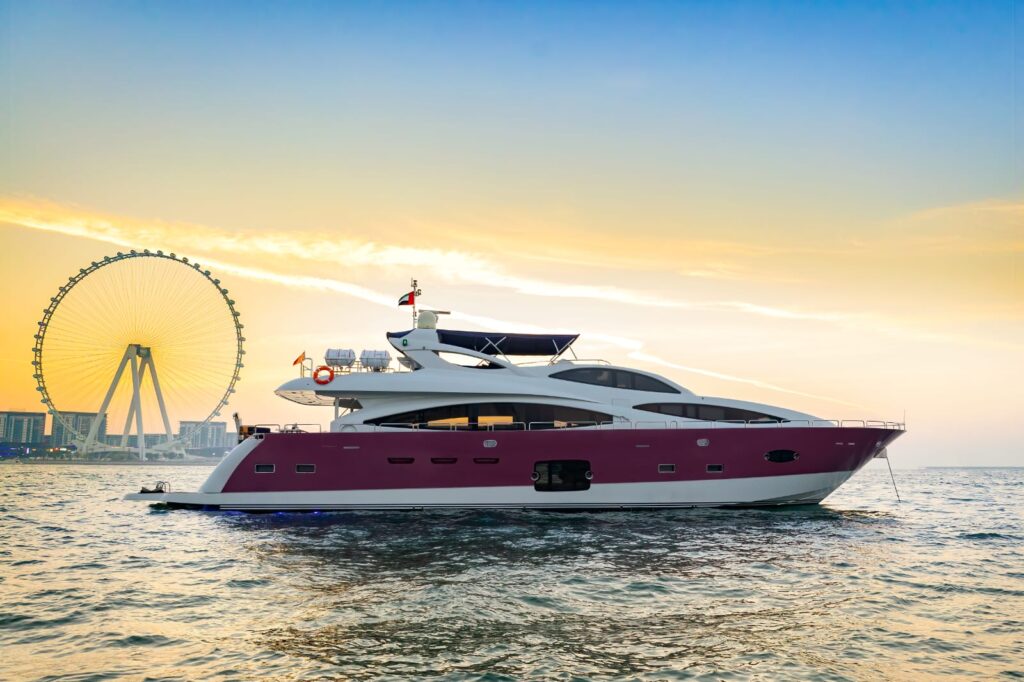

33FT Speed Boat
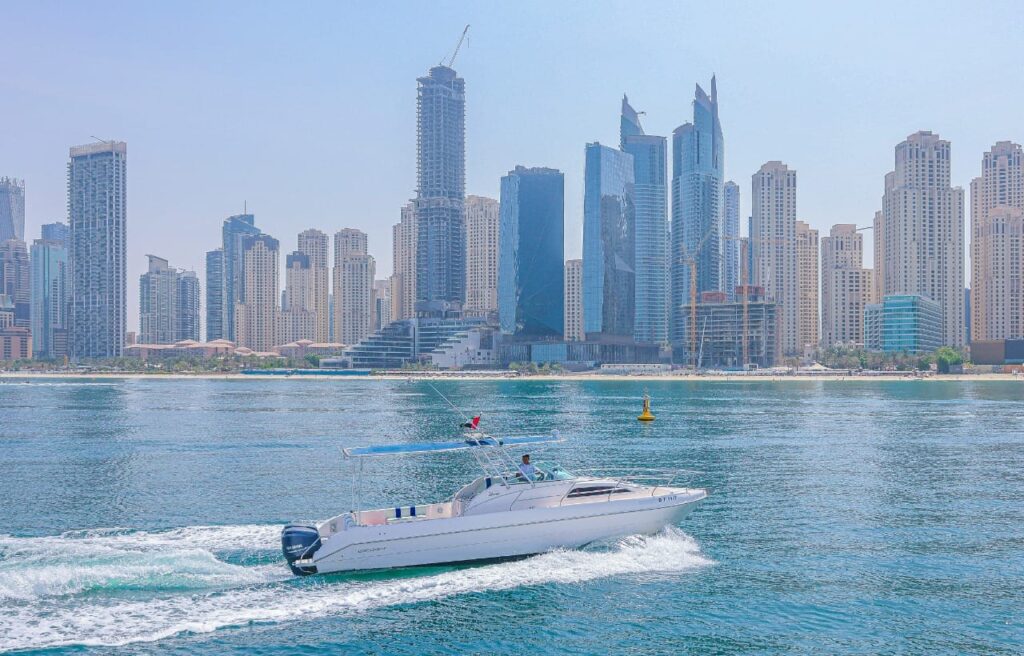
Information
- Length:
- Capacity:
- Cabin:
- Build:
Description
Unlock the Joy of Small Boat Adventures: 7 Ultimate Benefits
Embarking on a journey with a small boat can be an exhilarating and liberating experience. Whether you’re a seasoned sailor or a novice looking to explore the water, a small boat offers a unique blend of adventure, flexibility, and intimacy with nature. In this article, we’ll delve into the benefits of owning or renting a small boat, the various types available, and essential tips for a safe and enjoyable experience.
Table of Contents
- The Benefits of a Small Boat
- Types of Small Boats
- Choosing the Right Small Boat
- Essential Safety Tips
- Maintenance and Care
- Environmental Considerations
The Benefits of a Small Boat
- Versatility and Maneuverability
One of the primary advantages of a small boat is its versatility and maneuverability. These boats can navigate through narrow waterways, shallow waters, and even access remote areas that larger vessels cannot reach. This makes them ideal for fishing, exploring hidden coves, and enjoying scenic rivers and lakes.
- Affordability
Small boats are generally more affordable than their larger counterparts. The initial purchase price, maintenance costs, and operational expenses are significantly lower. This makes owning or renting a small boat a more accessible option for those on a budget.
- Ease of Storage and Transportation
Storing and transporting a small boat is much easier compared to larger vessels. Many small boats can be trailered, allowing you to tow them with a standard vehicle. This convenience means you can take your boat to different bodies of water without the need for specialized equipment or marina storage.
- Intimate Water Experience
A small boat offers a more intimate and personal experience on the water. You can feel closer to nature, enjoy the serenity of the environment, and have a more hands-on boating experience. This intimacy can enhance your overall enjoyment and connection with the water.
- Learning Opportunities
Operating a small boat provides excellent learning opportunities. You can develop essential boating skills, such as navigation, safety procedures, and basic maintenance. These skills are transferable to larger vessels and can enhance your overall boating knowledge and confidence.
- Social and Family Bonding
A small boat can be a fantastic way to spend quality time with friends and family. The limited space encourages closer interaction and shared experiences, creating lasting memories and strengthening bonds. Whether it’s a fishing trip, a day of swimming, or a leisurely cruise, a small boat offers a unique platform for social and family bonding.
- Environmental Friendliness
Small boats often have a smaller environmental footprint compared to larger vessels. They consume less fuel, produce fewer emissions, and have a lesser impact on aquatic ecosystems. This makes them a more eco-friendly option for those conscious of their environmental impact.
Types of Small Boats
- Dinghies
Dinghies are small, open boats typically used for recreational activities, fishing, or as tenders for larger vessels. They are lightweight, easy to maneuver, and can be powered by oars, sails, or small outboard motors. Dinghies are ideal for calm waters and short trips.
- Inflatable Boats
Inflatable boats are made of durable, air-filled tubes and are known for their portability and ease of storage. They are suitable for various activities, including fishing, leisurely cruising, and even whitewater rafting. Inflatable boats are available in different sizes and can be equipped with outboard motors for added convenience.
- Kayaks and Canoes
Kayaks and canoes are small, human-powered boats designed for recreational paddling, fishing, and exploring calm waters. Kayaks are typically smaller and more maneuverable, while canoes offer more space and stability. Both types are excellent for solo or tandem adventures and provide a close-to-nature experience.
- Small Sailboats
Small sailboats, such as daysailers, are designed for recreational sailing and racing. They are equipped with sails and can be operated by one or two people. Small sailboats offer the thrill of sailing without the complexity and cost of larger sailing vessels. They are ideal for learning the basics of sailing and enjoying the wind and water.
- Small Motorboats
Small motorboats, also known as runabouts or bowriders, are powered by outboard or inboard motors. They are versatile and can be used for various activities, including fishing, water skiing, and leisurely cruising. Small motorboats offer a balance of performance, comfort, and affordability, making them a popular choice for recreational boating.
Choosing the Right Small Boat
When selecting a small boat, consider the following factors to ensure you choose the right one for your needs:
- Intended Use
Determine how you plan to use your small boat. Will it be primarily for fishing, leisurely cruising, water sports, or a combination of activities? Different types of small boats are better suited for specific uses, so identifying your primary activity will help narrow down your options.
- Budget
Set a budget for your small boat purchase, including the initial cost, maintenance, storage, and operational expenses. Consider both new and used options to find the best value within your budget.
- Size and Capacity
Consider the size and capacity of the small boat. Ensure it can comfortably accommodate the number of passengers you plan to take on board and has enough space for your gear and equipment.
- Storage and Transportation
Evaluate your storage and transportation options. If you plan to trailer your small boat, ensure it is compatible with your vehicle and can be easily launched and retrieved. If you plan to store your boat at a marina, consider the associated costs and convenience.
- Features and Amenities
Look for features and amenities that enhance your boating experience. This may include comfortable seating, storage compartments, fishing equipment, or water sports accessories. Prioritize the features that are most important to you and your intended use.
Essential Safety Tips
Safety should always be a top priority when operating a small boat. Here are some essential safety tips to ensure a safe and enjoyable experience:
- Wear a Life Jacket
Always wear a properly fitted life jacket while on board. Life jackets are crucial for safety and can save lives in case of an emergency.
- Check the Weather
Before heading out, check the weather forecast and be prepared for changing conditions. Avoid boating in severe weather conditions, such as high winds, thunderstorms, or heavy rain.
- Follow Navigation Rules
Familiarize yourself with the navigation rules and regulations for your specific waterway. Follow the rules of the road, maintain a safe speed, and be aware of other vessels and obstacles.
- Carry Safety Equipment
Ensure your small boat is equipped with essential safety equipment, including a first aid kit, flares, a whistle or horn, and a throwable flotation device. Regularly inspect and maintain your safety equipment to ensure it is in good working order.
- Communicate Your Plan
Inform someone on shore of your boating plan, including your destination, estimated time of return, and the number of passengers on board. This ensures that someone is aware of your whereabouts and can take action if you do not return as planned.
- Stay Sober
Avoid operating a small boat under the influence of alcohol or drugs. Boating while impaired increases the risk of accidents and can lead to serious injuries or fatalities.
Maintenance and Care
Proper maintenance and care are essential for keeping your small boat in good condition and ensuring its longevity. Here are some tips for maintaining your small boat:
- Regular Inspections
Regularly inspect your small boat for any signs of wear, damage, or potential issues. Check the hull, deck, engine, electrical systems, and safety equipment to ensure they are in good working order.
- Cleaning and Storage
Clean your small boat regularly to remove dirt, debris, and saltwater residue. Properly store your boat in a dry, covered area to protect it from the elements and prevent damage.
- Engine Maintenance
Follow the manufacturer’s recommendations for engine maintenance, including regular oil changes, filter replacements, and inspections. Proper engine maintenance helps prevent breakdowns and ensures optimal performance.
- Winterization
If you live in a region with cold winters, winterize your small boat to protect it from freezing temperatures and prevent damage. This may include draining water systems, adding antifreeze, and covering the boat to protect it from snow and ice.
- Professional Services
Consider using professional services for complex maintenance tasks, such as engine repairs, electrical work, or hull repairs. Professional technicians have the knowledge and tools to ensure the job is done correctly and safely.
Environmental Considerations
As a small boat owner or operator, it is essential to be mindful of the environment and minimize your impact on aquatic ecosystems. Here are some environmental considerations to keep in mind:
- Fuel Efficiency
Optimize your small boat’s fuel efficiency by maintaining the engine, using the appropriate fuel type, and avoiding excessive idling. Efficient fuel use reduces emissions and conserves natural resources.
- Waste Management
Properly dispose of waste, including trash, oil, and chemical products. Avoid dumping waste into the water, and use designated waste disposal facilities at marinas or launch ramps.
- Wildlife Protection
Be mindful of wildlife and their habitats. Avoid disturbing nesting areas, spawning grounds, or sensitive ecosystems. Maintain a safe distance from wildlife and follow guidelines for responsible wildlife viewing.
- Invasive Species
Prevent the spread of invasive species by cleaning your small boat and equipment before moving it to different bodies of water. Remove any visible plants, animals, or debris, and follow local regulations for invasive species prevention.
- Noise Pollution
Minimize noise pollution by operating your small boat at appropriate speeds and avoiding excessive engine revving or idling. Respect local noise regulations and be considerate of other boaters and nearby residents.
Owning or renting a small boat offers a unique and rewarding experience on the water. From the versatility and maneuverability to the affordability and ease of storage, a small boat provides numerous benefits for recreational boating enthusiasts. By choosing the right small boat, following essential safety tips, maintaining proper care, and being mindful of the environment, you can enjoy countless adventures and create lasting memories on the water.
Whether you’re exploring hidden coves, fishing in tranquil waters, or simply enjoying the serenity of nature, a small boat offers an intimate and personal connection with the aquatic environment. Embrace the joy and freedom of a small boat adventure, and discover the many benefits it has to offer.
